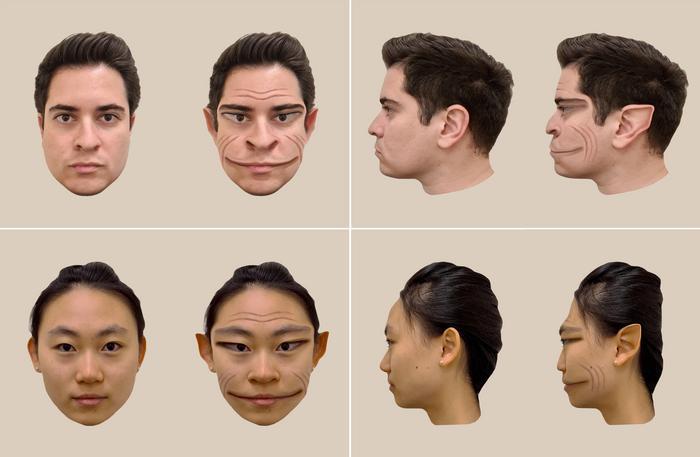In its latest report on outpatient surgery, the High Authority for Health gives doctors the keys to better direct patients to this type of intervention.

While three billion euros in savings must be found in the health sector by 2015, outpatient surgery, which allows the patient to be operated on and return home during the day is an increasingly common practice. more attractive. The development of these practices could save up to 570 million euros.
In 2011, outpatient surgery represented 39.5% of surgical activity. For the Haute Autorité de Santé, it must continue to develop; it should even become the standard of care, but this change should not be done in any way, because it is not suitable for all situations. In its latest report on the subject, the Haute Autorité de Santé (HAS) therefore tries to better define the questions that doctors must ask themselves when deciding to opt for this type of care. The HAS thus intends to help physicians to consider outpatient surgery in many cases, without taking any additional risk for patients. The latter specifies that “it can be suitable for many patients and situations if it is correctly anticipated and organized”.
The three key criteria
It is therefore on a case-by-case basis that the decision to offer the patient outpatient surgery must be taken.
The key ? Communication with the patient.
The Haute Autorité de santé defines three factors that must be evaluated by the doctor, together with the patient, when making the decision. The personal situation of the latter (entourage, socio-economic situation), the type of operation and the structure in which the operation will be performed (in particular the degree of experience of the surgical team) must therefore be taken into account. account. Indeed, it is these three factors that determine the level of risk for the patient who would opt for outpatient surgery.
All patients concerned, provided that …
The basic principle is that the practice of outpatient surgery concerns all patients, including those suffering from certain pathologies. It is enough “just” to adapt the assumption of responsibility to the drug treatments or to the extreme ages of the life. Indeed, the report does not give any contraindications to outpatient surgery according to age, sex, or weight, but certain health disorders must be taken into account. This is particularly the case if the patient suffers from diabetes or hypertension. Eligibility for outpatient surgery should be determined by pre-operative tests and the type of operation. For example, a diabetic patient cannot be taken care of if the operation does not allow a direct resumption of a normal diet. A very heavy dependence on tobacco and alcohol can also present a problem, which would make it impossible to perform this type of surgery. And for children and the elderly, outpatient surgery will only be offered if relatives can provide home monitoring in the days following the operation.
Finally, an operation in outpatient surgery will only be proposed if it supposes only a minimal risk of serious complications, controllable postoperative pain, manageable by those around the patient, and a rapid return to the consumption of solid foods. This therefore only concerns a reduced type of operation.
The final choice is up to the patient
The Haute Autorité de Santé thus underlines the growing role that the patient must have in decision-making. The report recalls that in case of refusal, outpatient surgery cannot be imposed on him, and this will have no consequences on his medical care. All information must be clearly explained to him.
For the moment, outpatient surgery is only practiced in France for certain operations. The Court of Auditors thus identified the interventions of this type most practiced in 2012.

Over the past five years, outpatient surgery mainly concerned cases of cataracts (45%), varicose veins (11%) and hernias (9.8%). For heavier operations, there is still some way to go.
But the report of the High Authority of Health should give doctors new elements of apprehension, to better explain and direct patients to outpatient surgery.
.

















